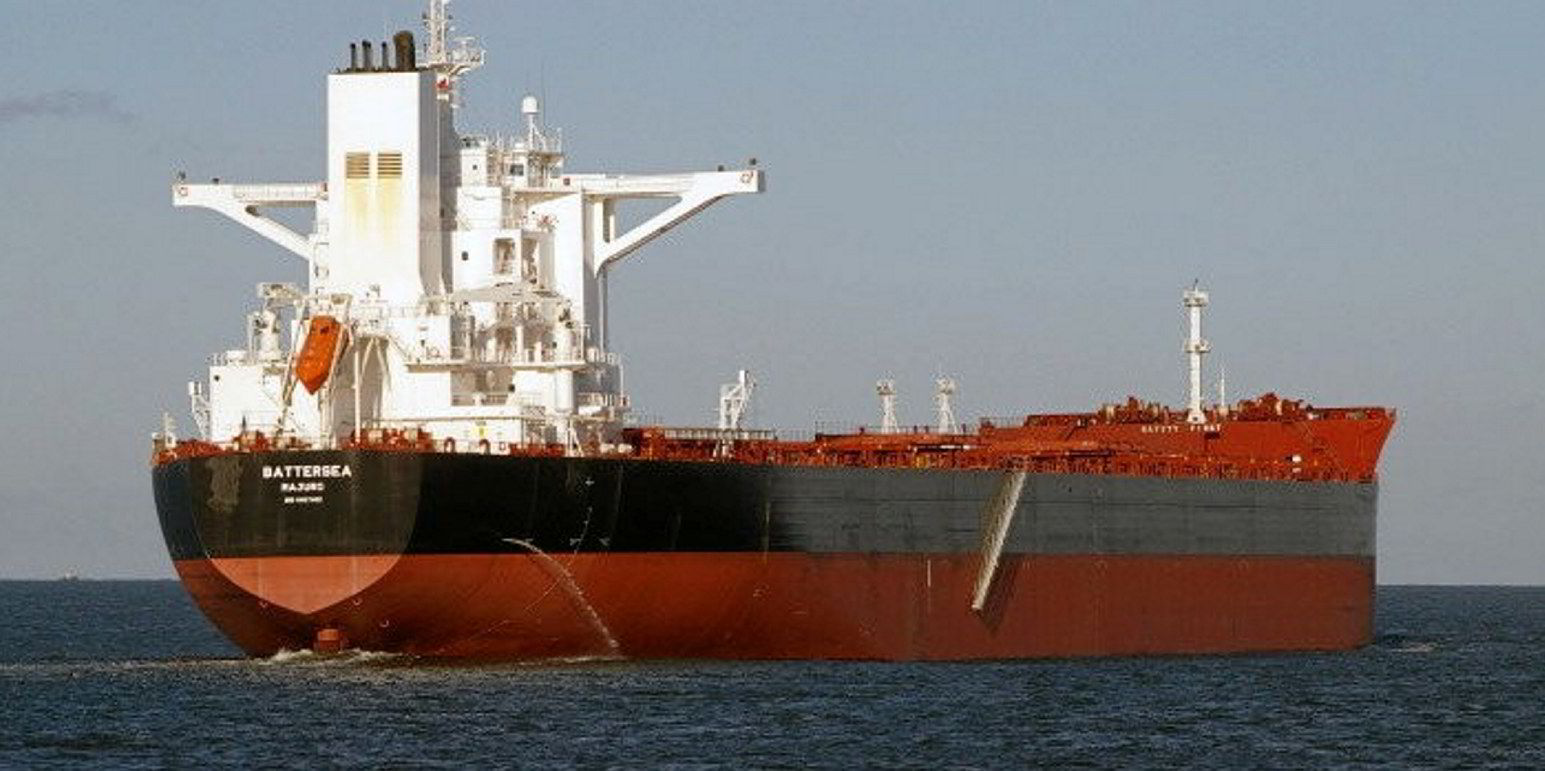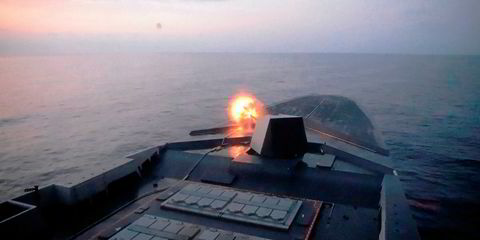It may be vacation season in the northern hemisphere, but there is little sunshine in the spot market for capesize bulkers.
The Baltic Dry Index (BDI), the overall indicator of the strength of dry cargo markets, fell a further 86 points on Thursday to reach 1,731 points. This is the index’s lowest level since mid-February, the seasonally weakest time of year for bulker markets.
The BDI’s fall is principally down to sustained weakness in the capesize market, which contributes 40% to the index’s calculation.
Tonnage lists in both the Atlantic and the Pacific basins are growing, while requirements remain limited.
The weighted average of spot rates across five benchmark routes for capesizes was assessed $2,571 lower on Thursday at $12,271 per day. The assessment has slid by 44% over the past two weeks.
Fixing activity has been more steady in the Pacific in comparison with the Atlantic, but reported rates have been falling.
A handful of new capesize spot fixtures were reported in the Pacific market on Thursday.
Miner Rio Tinto booked a pair of capesizes for iron-ore trips to China from Port Hedland, Australia. One vessel was fixed at $8.00 per tonne for loading dates commencing from 19 August. Another fixed lower at $7.70 per tonne for dates from 20 August.
LSS Ocean Transport of Dubai, formerly known as Libra Shipping Services, booked an unnamed capesize for to carry a 150,000-tonne coal cargo from Indonesia to India at $6.40 per tonne, loading from 19 August. This is the cheapest rate the charterer has paid for Mundra-bound coal stems from Indonesia all year and is around half of what LSS paid for the voyage in early May.
Brokers reported a build-up of capesize tonnage in the Atlantic — vessels that have arrived early in anticipation of Vale iron ore stems — which is pressuring rates for the few spot cargoes that have come to the market.
Rates for iron-ore voyages from both Brazil and Western Australia to China are at their lowest levels since the first quarter, when demand for bulker transportation conventionally takes a break for the Lunar New Year holidays.
Panellists assessed rates on the Brazil voyage at $22.45 per tonne on Thursday, which is $1.83 lower than on Wednesday.
The Australia voyage to China lost 78 cents and was put at $7.775 per tonne.

Transatlantic round voyages were assessed $2,611 lower on Thursday at $19,583 per day.
In comparison, rates for transpacific rounds between China and Australia were estimated by Baltic panellists at $5,373 per day, $2,391 lower than on Wednesday.
A bloodbath in the capesize freight derivatives market on Wednesday has not helped matters.
Paper for the rest of this year and early 2023 took a beating. Worst affected was the fourth-quarter contract, which settled 13.5% lower on Wednesday.
The rout continued on Thursday for most contracts and a look at the Baltic Exchange's forward curve makes for depressing viewing — indicative rates for the rest of this year are all below $20,000 per day.
Contracts for the first quarter of 2023 settled at $8,886 per day as the market closed on Thursday.






